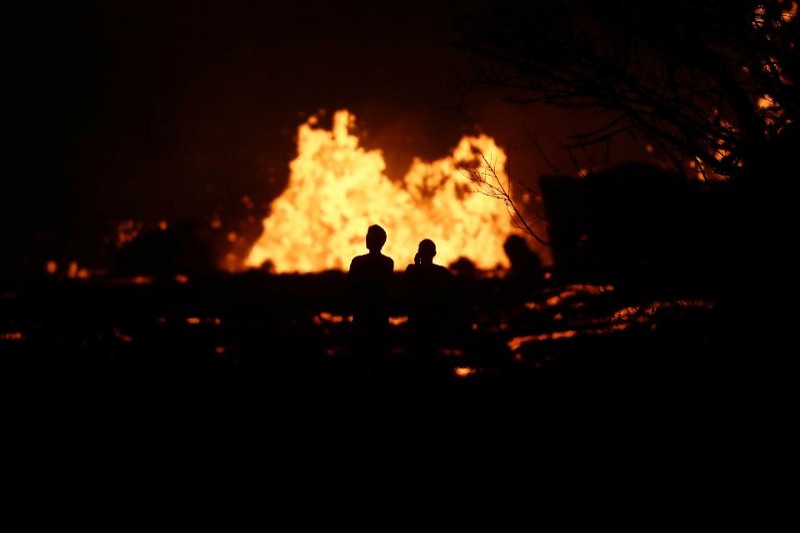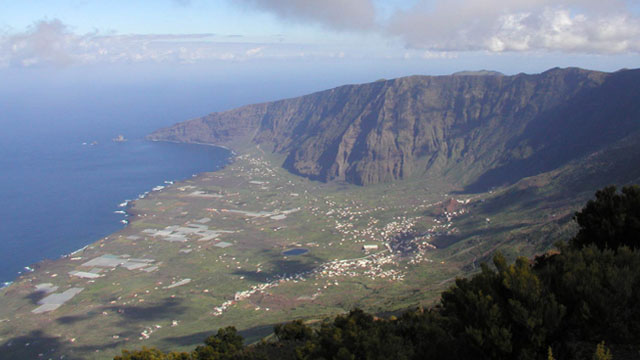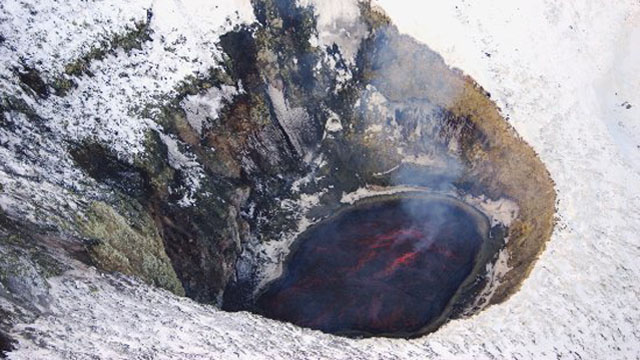The Chaiten Rollercoaster ride continues

I am beginning to feel like a broken record, but the latest reports from Chile indicate that the ongoing eruption at Chaiten is ramping back up again, almost 3 months after the initial eruption began. As usual, the nitty-gritty details are limited, but reports of increased ash emissions and seismic activity are heralding this increase in activity.
For certain, Chaiten is one of the most important eruptions in any of our lifetimes. This is really not because of the amount of material that has been erupted (although when all is said and done, it will be a significant volume), but rather for the style and longevity of the eruption. A volcanologist friend of mine with more access to details of the Chaiten eruption has said that what we are really seeing is an eruption like might have produced Little Glass Mountain in the Medicine Lake Caldera. However, what is surprising is that the eruption to produce such a feature – a rhyolite dome – has had such longevity and produced so much ash along with the dome. Chaiten had not erupted in ~9,000 years, and more likely than not, a batch of eruptable magma was not sitting just below the surface for that time period – if that was the case, we would have likely seen signs of it such as degassing or seismicity. This means that more likely than not, there was some sort of intrusive event that triggered the eruption, such as the intrusion from depth of a hot basalt magma into a “crystal mush” of rhyolite that tipped the system and caused the eruption. Of course, this is complete conjecture on my part as we really have no samples of the magma itself beyond ash, which can tell us that it is, in fact, the first rhyolite erupted since 1912, but cannot tell us much about the timescales of storage and crystallization. What is really needed as samples of the dome lavas so the crystals (however sparse) can be analysed and dated and any inclusions of basalt(?) in the rhyolite can be sampled. Then we can really start having fun to pick apart the evolution of such a remarkable eruption as the 2008 eruption of Chaiten – remember, even here in the continental US, we have very similar volcanoes (Crater Lake for example) that could see similar eruptions to Chaiten in the future.




